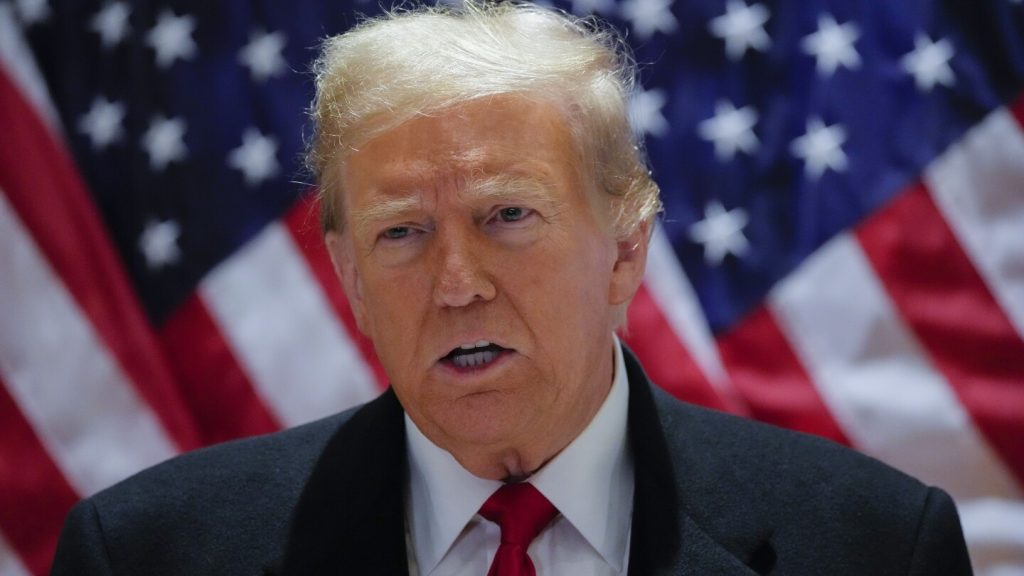Former President Donald Trump received a break this week as an appeals court reduced the amount of money he needs to post in order to pause collection while he appeals a $454 million judgment in his New York civil fraud case. The judgment stems from a lawsuit brought by state Attorney General Letitia James, who alleged that Trump, his company, and key executives engaged in fraud by inflating Trump’s financial statements to secure loans and insurance. Trump denied the allegations and is appealing the ruling. The appeals court agreed to pause collection if Trump posts $175 million within 10 days.
Under New York law, someone can delay enforcement of a judgment during an appeal by posting a bond or covering the amount owed. Trump claimed that arranging a bond for the full $454 million-plus was challenging, as potential underwriters were requiring collateral of over $557 million. Trump and his lawyers argued that posting the full amount could impact the company’s ability to sustain its business. However, he stated that he has almost $500 million in cash but wants the option to spend some on his political campaign. Trump plans to swiftly come up with the required bond, equivalent securities, or cash, after the appeals court’s decision.
Various companies offer appeals bonds for a fee, typically requiring collateral. Trump could potentially reap a windfall from his stock in his social media company, Trump Media & Technology Group Corp., which holds a nearly 60% stake and could be worth billions of dollars if share prices continue to rise. Additionally, Trump recently obtained a $91.6 million appeals bond in a separate case involving writer E. Jean Carroll, who accused Trump of sexually assaulting her in the 1990s and defaming her. Trump denies all claims and is appealing the verdict. The bond covers 110% of the amount owed and is underwritten by Federal Insurance Co., a unit of Chubb.
In another case, following an earlier federal civil trial involving Carroll, Trump put over $5.5 million in cash into a court escrow account while appealing the jury verdict. If the verdict is upheld on appeal, the money will cover the judgment, with any surplus going back to Trump. Trump’s lawyers argued that requiring the full amount for the New York civil fraud case could have negative implications on Trump’s ability to maintain his company. Regardless, Trump plans to comply with the appeals court decision by arranging the required bond, securities, or cash within the specified time frame. Share prices for Trump’s social media company surged on its first day of trading, potentially providing Trump with additional resources to cover the bond.















